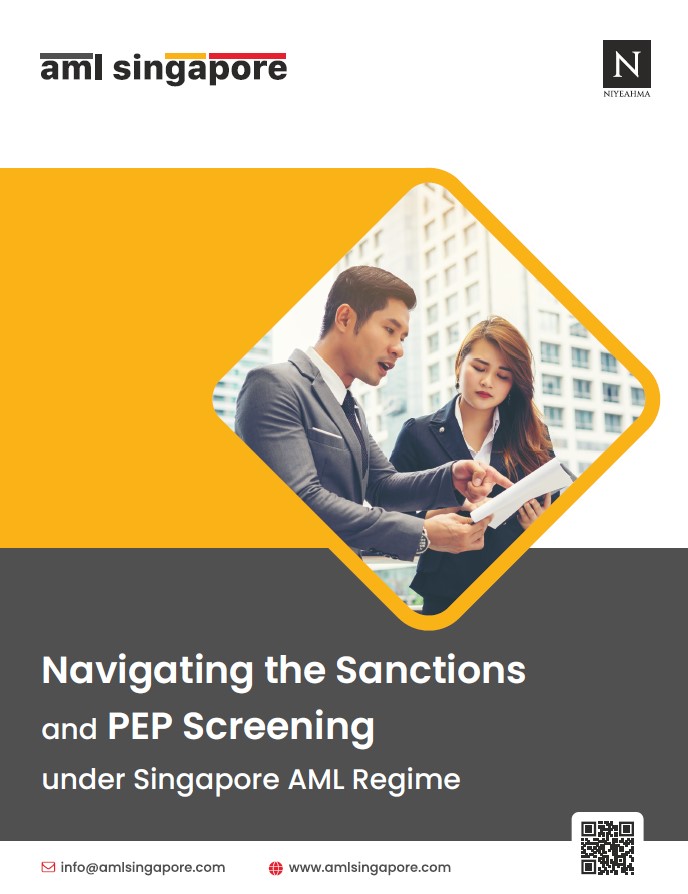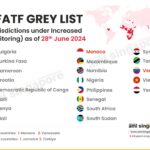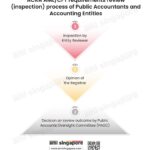Navigating the Sanctions and PEP Screening under Singapore AML Regime: A Complete Guide
Navigating the Sanctions and PEP Screening under Singapore AML Regime: A Complete Guide
Designated Non-Financial Businesses and Professions (DNFBPs) in Singapore engage with various customers. DNFBPs must apply appropriate due diligence measures by adopting a risk-based approach when establishing a business relationship with customers in order to safeguard themselves from financial crime risks, such as money laundering, financing terrorism, and proliferation financing.
As part of due diligence measures, DNFBPs are required to undertake a sanctions screening process for each customer. Sanctions screening is a process of screening the person against the relevant sanctions lists, which assists DNFBPs in identifying whether any customers or prospects are designated under any sanctions lists or relate to the sanctioned persons. Sanction screening helps DNFBPs lower the risk by identifying the designated persons in a timely manner and prohibiting the creation or maintenance of a business relationship with such sanctioned entities.
Apart from sanctions screening, DNFBPs need to identify whether a person is a Politically Exposed Person (PEP) or a close associate or relative of a PEP as part of their due diligence measures. PEP is defined as a person entrusted with a prominent public responsibility in a domestic or foreign country, such as senior politicians or heads of the country. PEPs have the power to influence government contracts or to control them owing to their public position and the other powers they exercise because of their prominent public role, paving the way for corruption and other malpractices. This necessitates DNFBPs to implement PEP screening processes as part of their AML framework.
Sanction screening and PEP screening assist businesses in assessing customer risk, applying necessary risk mitigation measures, and adopting the risk-based approach. This guide provides a complete understanding of sanction screening and PEP screening as an integral part of the AML compliance process and how with effective sanction screening and PEP screening processes businesses can improve the overall efficiency of due diligence processes.
In addition, the guide is divided into the following chapters:
- Understanding the Sanctions Screening in Singapore
- Understanding the PEP Screening in Singapore
- Significance of PEP and Sanctions Screening
- Leveraging Technology to Strengthen the PEP and Sanctions Screening Compliance
By reading this guide, DNFBPs will be more equipped with knowledge that will help them prevent illicit activities, including money laundering, financing terrorism, and proliferation financing, and comply with regulatory obligations.
Check out this comprehensive guide and strengthen your business’s PEP Screening and Sanctions Screening compliance obligations.


